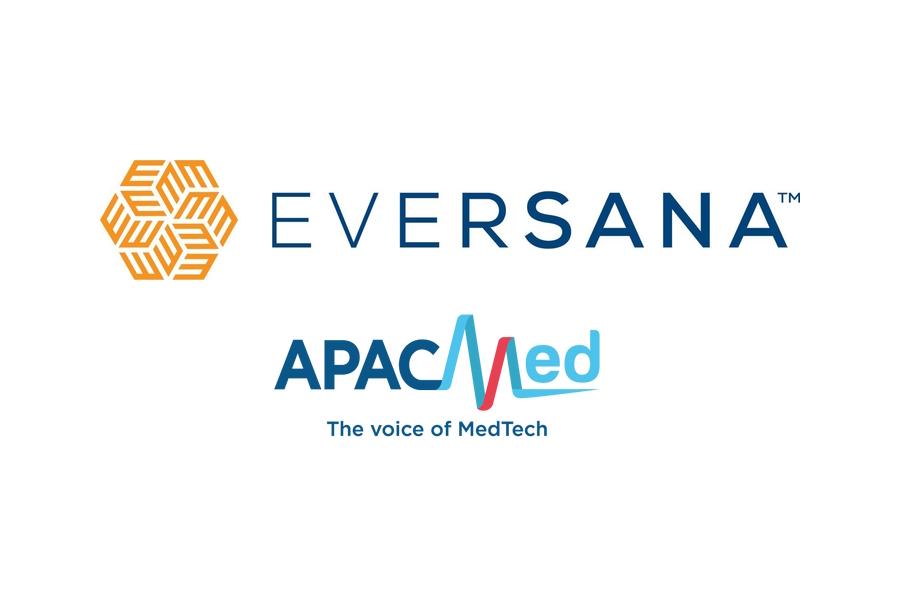Project seeks to shape digital health reimbursement in APAC

One of the primary barriers to the growth of the digital health category around the world are fragmented, contradictory, or even entirely absent mechanisms for reimbursement in healthcare systems – and a new partnership aims to tackle that issue in Asia Pacific markets.
The project brings together the Asia Pacific Medical Technology Association (APACMed) – an industry body that includes a number of digital health and therapeutic product companies among its membership – and life sciences commercialisation specialist Eversana.
The two organisations say they will work on drawing up framework models for reimbursement that could be applied to APAC countries, helping digital health companies work with policymakers to improve access to their “therapies, diagnostic aids, and patient management solutions.”
While some of the markets in APAC have reimbursement pathways for digital health products in place, including Australia, Japan, South Korea, Singapore, Taiwan, Thailand, Vietnam, and some regional areas of China, there are still many countries in the region where little progress has been made.
Recognising this, APACMed set up a working group a few years ago to advocate for national policies that can encourage digital health in APAC countries, with the establishment of reimbursement schemes top of the agenda to support a healthy digital health industry.
It’s not a problem confined to APAC, as witnessed by the recent financial troubles affecting digital health pioneer Pear Therapeutics, which has been forced to reconsider its future despite bringing three FDA-approved digital health products to the US market.
The first task of the working group was a review of what schemes are already out there, and it turned out a mixed bag.
Across APAC, national policies cover a diverse range of technologies – including telemedicine, remote patient monitoring, artificial intelligence, 3D printing, software as medical device (SaMD), and robotic surgery – using reimbursement models that can include full payment, and co-payment, as well as per hour/visit charges.
In a position paper that followed the review, APACMed concluded that digital health policies are sitting in “a chasm between ‘no evidence, no adoption’ and ‘no adoption, no evidence’,” which has lent itself to unregulated, consumer-targeted business models.
“Rather than a vibrant, collaborative ecosystem, under-regulated digital health fosters more of a ‘fail fast’ mentality than that of evidence-based translational sciences core to a high-quality healthcare system,” wrote APACMed's chief executive, Harjit Gill, in a forward to that report.
Along with aligned reimbursement models, the way forward for the sector should be guided by interoperable standards that can be used by digital health tech developers, harmonised regulatory systems for review and approvals, and a universal cybersecurity framework to protect patients.
Gill said that Eversana’s expertise in commercialising digital health technologies around the world, and its recent rapid expansion in the APAC region, make it an ideal partner for the new phase of the reimbursement project.
“With their global expertise and our shared vision for equitable access to life-saving digital health technologies, we will collaborate on building advocacy to shape the future of digital health reimbursement,” she pledged.













